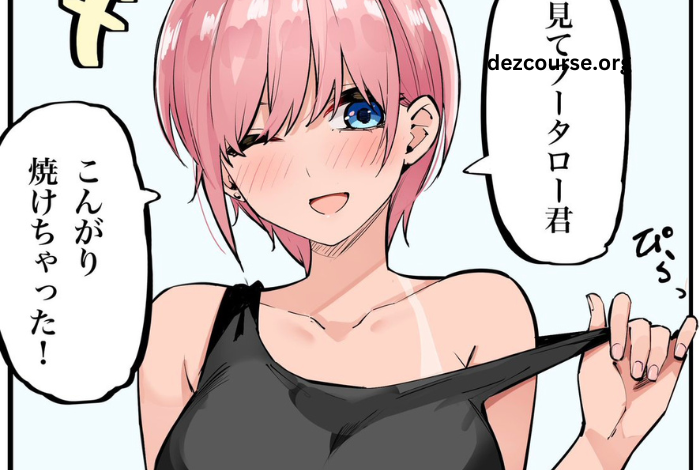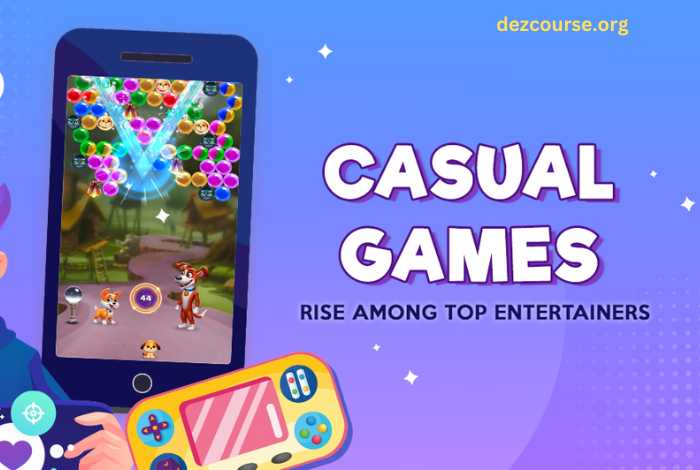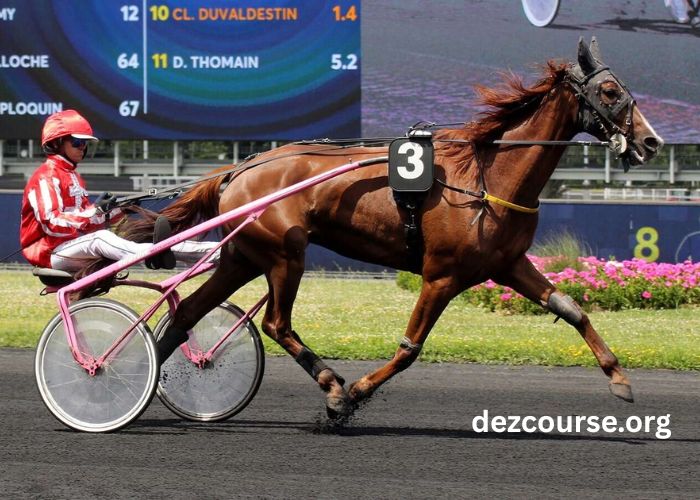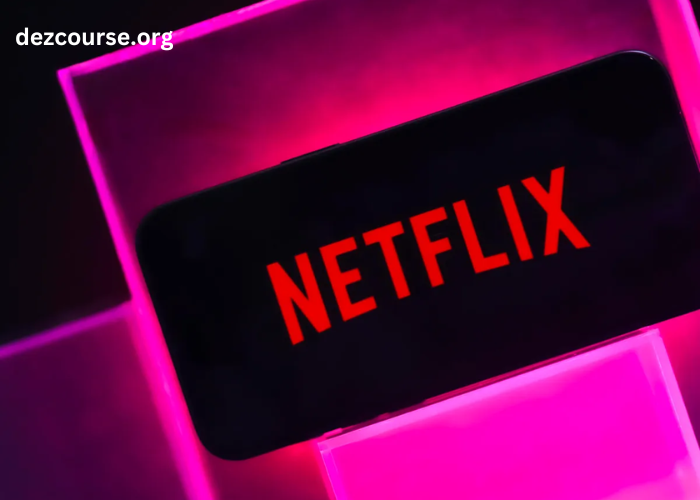
Kemono Party and Copyright: What You Need to Know as a User
The world of online communities and content sharing has seen a significant shift in recent years, with various platforms offering users access to vast amounts of creative works. One such platform, Kemono Party, has gained attention for hosting user-generated content, particularly fan-made artwork, including some that may raise questions about copyright. As a user, it’s essential to understand how copyright works on platforms like Kemono Party and how you can engage with content responsibly. In this article, we will delve into what Kemono Party is, how copyright is handled, and what you should know to avoid legal issues.
What is Kemono Party?
Kemono Party is a digital content-sharing platform that is particularly popular for fan art, comics, and other creative works inspired by anime, manga, and video games. The site allows users to share, upload, and download various types of content created by other fans or artists. While the platform is known for providing access to niche and fan-made material, it also operates in a gray area concerning copyright and intellectual property.
Users on Kemono Party often upload content that is inspired by existing intellectual property (IP), such as characters and settings from anime and games. While this is common in fan culture, it also presents potential legal challenges regarding copyright infringement.
Understanding Copyright in the Digital Age
To understand the issues surrounding copyright on Kemono Party, it’s important first to grasp what copyright is and how it applies to digital content. Copyright is a legal concept that gives creators exclusive rights to their original works, such as music, literature, artwork, and software. This protection allows creators to control how their work is used, distributed, and reproduced. For example, an artist who draws an original character owns the rights to that image and can decide who is allowed to use or share it.
In the context of Kemono Party, most of the content uploaded by users is inspired by existing IPs, such as anime characters or famous video game protagonists. These works are derivative in nature, meaning they are based on and often mimic the original works created by others. When derivative works are uploaded without permission, they could violate the copyright laws that protect the original creators’ rights.
How Copyright Works on Kemono Party
Kemono Party is a platform that hosts a vast array of content, but it does not directly create or own the rights to the majority of the works it hosts. Instead, the site acts as a middleman for users to share and access content. Because of this, the responsibility for copyright infringement often falls on the user who uploads the content, rather than the platform itself, although platforms like Kemono Party can still be held accountable under certain circumstances.
User-Generated Content and Copyright
The vast majority of content shared on Kemono Party is created by users themselves. This means that many users upload fan art, fan fiction, and other derivative works. These works are often based on copyrighted characters or settings, but are usually transformative in nature—offering unique interpretations, depictions, or reimaginings of the original IP.
However, just because a work is transformative does not necessarily mean it’s automatically free from copyright infringement. For example, while fan art is often viewed as a form of homage or personal expression, it can still infringe on the original creator’s copyright if it copies substantial parts of the original work without permission. Additionally, if a fan work is distributed commercially, it increases the risk of legal issues.
What Does Fair Use Mean?
In some cases, users may argue that their work falls under the principle of “fair use.” Fair use is a legal doctrine that allows limited use of copyrighted material without the need for permission from the copyright holder. In the context of fan art and fan fiction, fair use might apply in cases where the work is transformative, non-commercial, or serves an educational or commentary purpose. However, fair use is not a blanket protection and can be subject to interpretation in court.
For example, while creating and sharing fan art for free on a non-commercial platform may fall under fair use, selling that fan art for profit can quickly lead to copyright infringement issues. It’s essential to be cautious about how and where fan works are shared or sold.
What Happens If Copyright Infringement Occurs?
If content uploaded to Kemono Party infringes on copyright, there can be significant consequences for the user who posted it. The original copyright holder has the right to request the removal of infringing content through a DMCA (Digital Millennium Copyright Act) takedown notice or similar procedures in other jurisdictions. In such cases, the platform typically complies by removing the content in question.
For the user who uploaded the infringing content, consequences can range from having the post removed to being banned from the platform altogether. If the infringement is severe, legal action could be taken by the original creator, leading to potential financial penalties or other legal issues.
How to Protect Yourself as a User
As a user of Kemono Party or any similar platform, it’s crucial to be aware of the potential legal risks associated with uploading and sharing content. Here are some best practices to follow:
1. Create Original Content
The best way to avoid copyright issues is to create content that is entirely your own. By doing so, you retain the rights to your work and avoid infringing on the intellectual property of others.
2. Seek Permission for Derivative Works
If you want to create fan art, fan fiction, or other derivative works, it’s a good idea to seek permission from the copyright holder, especially if you plan to use the content commercially. While this may not always be feasible or practical, obtaining permission can save you from potential legal trouble.
3. Avoid Commercial Use of Derivative Works
If you’re sharing fan-made content on platforms like Kemono Party, refrain from selling or profiting from it without obtaining permission from the copyright holder. Commercial use increases the likelihood of a copyright violation.
4. Understand Fair Use
If you’re unsure whether your content might fall under fair use, it’s worth researching the specifics of copyright law or consulting a legal professional. While fair use can provide some protection, it’s a nuanced legal area, and not all fan works qualify.
Conclusion
Kemono Party offers a space for fans to share creative works inspired by their favorite anime, games, and characters. However, as a user, it’s essential to understand the potential risks surrounding copyright and intellectual property laws. By respecting the rights of original creators, creating your own content, and understanding how copyright applies to derivative works, you can enjoy the platform responsibly while avoiding legal pitfalls. Always be mindful of copyright considerations, and remember that what may seem like harmless fan activity could have serious legal implications.
Linkhouse







